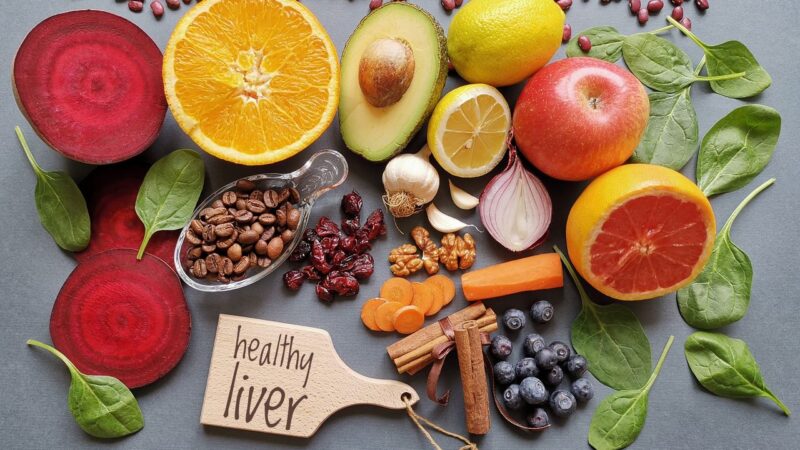Childhood Cancer Prevention: What Can You Do?

Cancer is a complex disease with few known causes, making it challenging to prevent in children. Unlike adult cancers, which are often linked to lifestyle and environmental factors, many childhood tumors have unknown origins. Although preventing pediatric cancers entirely is difficult, there are proactive measures that can help reduce risk and promote overall health.
In an interview, Dr. Ushma Singh, Director of Pediatric Oncology and Hematology at Andromeda Cancer Hospital in Sonipat, suggested several steps that parents and caregivers can take to minimize risk and support healthier futures for their children:
1. Promote Healthy Habits
Encouraging healthy behaviors from an early age can lower the risk of certain adult cancers, even if it doesn’t directly prevent childhood cancer. Teaching children about the dangers of smoking, the importance of wearing sunscreen, and maintaining a balanced diet rich in fruits, vegetables, and whole grains is crucial. Avoiding processed foods and maintaining a healthy weight helps reduce the risk of obesity, a known cancer risk factor. Regular exercise and relaxation techniques like yoga and meditation can also boost immunity and reduce stress. Additionally, it’s important to avoid cooking with harmful materials like plastic or aluminum foil and to be cautious about ingredients in food.
2. Prevent and Treat Infections
Some childhood cancers are associated with chronic infections such as HIV, Epstein-Barr virus, and malaria. Preventing these infections through good hygiene, vaccinations, and timely medical treatment is essential. Vaccinations against hepatitis B and HPV are particularly important as they can reduce the risk of future cancers like liver, cervical, and some oral cancers.
3. Limit Environmental Exposures
Reducing exposure to carcinogens is another key measure. This includes avoiding secondhand smoke, minimizing unnecessary X-ray radiation, and keeping the home free from hazardous materials like lead and asbestos.
4. Consider Genetic Predispositions and Early Detection
Approximately 10% of childhood cancers are linked to genetic factors. For families with a history of cancer, regular screenings and genetic counseling are important. Early detection through routine check-ups and awareness of symptoms can significantly improve outcomes, highlighting the importance of vigilant health monitoring for children.
Dr. Neeraj Teotia, Consultant in Pediatric Hemato-Oncology and Bone Marrow Transplant at Marengo Asia Hospitals in Gurugram, added that while many pediatric cancers are caused by genetic abnormalities or unknown factors rather than environmental or lifestyle influences, certain proactive measures can still reduce risk and promote overall health. He recommended:
1. Avoid Environmental Exposures
Reducing contact with hazardous chemicals, such as pesticides and cigarette smoke, is crucial. Limiting unnecessary radiation exposure from CT scans and X-rays is also important unless medically necessary.
2. Encourage a Healthy Diet and Lifestyle
A balanced diet rich in fruits, vegetables, and whole grains supports a strong immune system, which is vital for cancer prevention. Regular physical activity enhances overall health and helps maintain a healthy weight.
3. Ensure Vaccination
Vaccinations play a significant role in cancer prevention. The HPV vaccine protects against cancers linked to the virus, and the hepatitis B vaccine helps prevent liver cancer by protecting against hepatitis B infection.
4. Regular Medical Check-ups
Routine pediatric check-ups are essential for the early detection of any abnormalities that could indicate cancer. Awareness of common symptoms and prompt medical attention can improve prognoses if cancer does develop.
5. Support Breastfeeding
Some studies suggest that breastfeeding may lower the risk of certain childhood cancers, such as leukemia, further demonstrating its potential benefits in cancer prevention.






